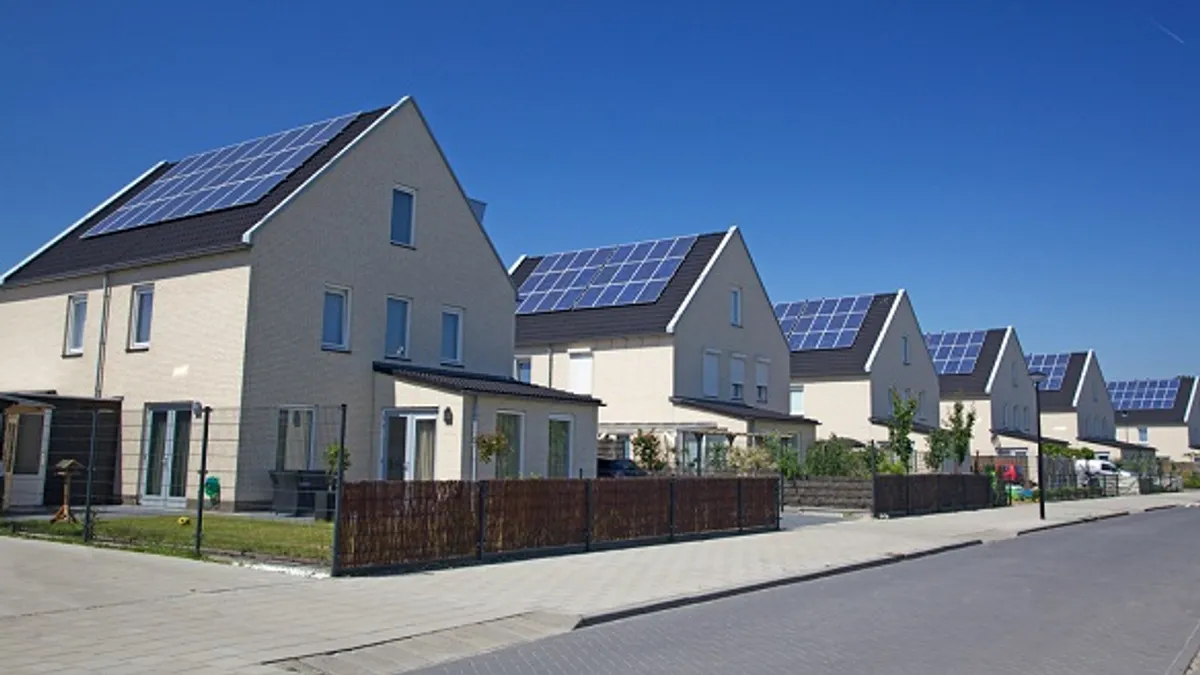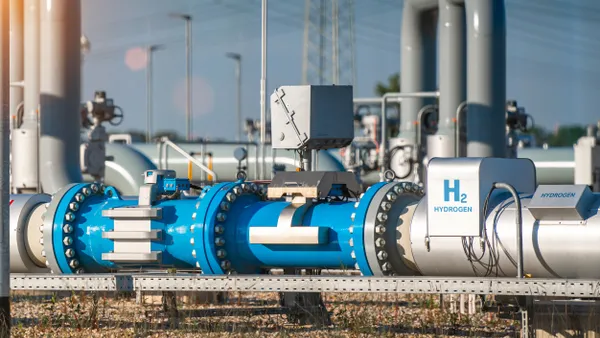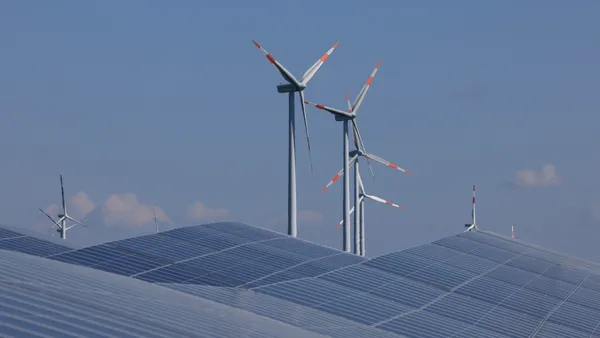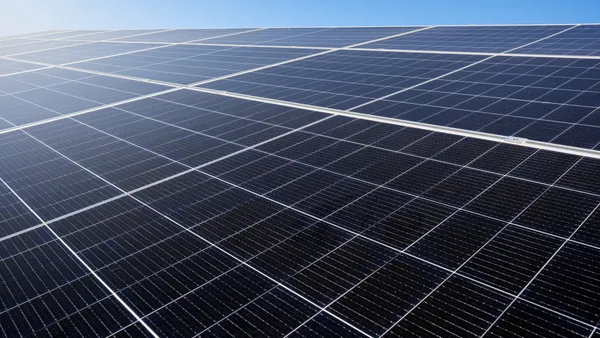Imagine you are a local solar installer in Southern California, one of the most established solar markets in the country. You had successful years with many installations, but you realize that customer acquisition has become more difficult, as the low-hanging fruits have mostly been harvested. It's not that there is a lack of solar awareness and there is actually a solid lead pipeline and a good number of quotes. However, winning these customers became more difficult - conversion rates are decreasing, which increases the need for more leads, thus more investment in customer acquisition.
Improve the bottom line
While increasing the number of leads helps a bit, you realize that the conversion rate itself should grow as well, in order to really improve the bottom line of your business. You start thinking about price reductions to win more customers who compare quotes from different installers. But your margins are already declining and the recently imposed tariffs on solar modules are not making it easier either. So what should you do?
This is where differentiation can help. From conversations with colleagues and homeowners who went solar with a competitor, you realize that everyone is quoting the same solar equipment. This makes it easy for solar shoppers to compare, but it's not adding value to the systems or giving customers a product choice. From the other perspective, by quoting the same equipment to all of your prospects, it leads to a one-size-fits-all approach that is simply not efficient - every roof, every system is unique. For example, why offer DC optimizers that only increase cost, labor and complexity of a system, when shading is not even an issue?
A better solution
Time to look at alternatives. New technologies like Adaptive System Design, which is different to straight string systems and traditional MLPE systems, make it possible to adapt a system to the specific needs of a customer, cost-optimizing how the entire system is built. This simplifies most of the systems because they require fewer components and reduce both cost and labor - making it a more competitive option for your prospects.
By providing a real alternative to your prospects, you can differentiate yourself not only on price, but also on value, as you are able to tailor-fit systems to your specific customer's needs. This relieves the pressure on your margin, while positively impacting your customer acquisition cost and bottom line.
Conclusion
The Fronius Smart Solution is the first adaptive system design solution for solar. Due to the modularity of the Fronius Smart Solution, it adapts to specific needs of any customer. With the power of differentiation, the Fronius Smart Solution can help you to stay competitive and to improve your conversion rate. As the sole installer, you have the ability choose only the components you actually need and optimize your entire system design, while maintaining a minimal number of components. To learn more about the Fronius Smart Solution contact [email protected].










